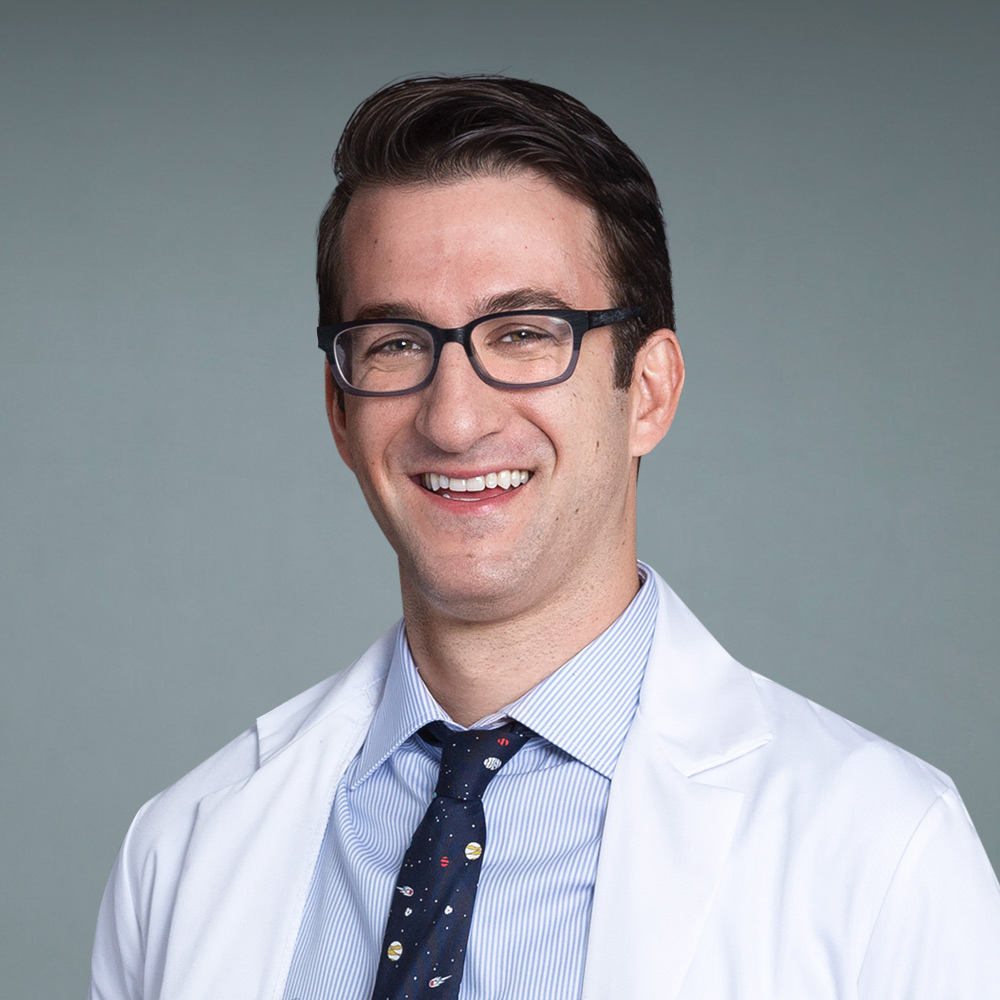An Alumni Reflection – Spencer McClelland

The School for Strings was one of the most integral parts, if not the most integral part, of my teenage years. I found my way to SFS when my teacher Amanda Zlotkin suggested that I should start studying with Louise Behrend. Miss Behrend was life-changing. She changed my playing and my approach to music. I learned through her how to hear the idiosyncrasies of every piece; the fact that composers have a medium for which they write best, and to interpret their pieces with that mindset; that unusual bowings and fingerings can actually solve the difficulty of phrasing; and that every piece can be performed for the first time, no matter how many times you’ve played it. When I left Miss Behrend as I went to college, I entered a different musical world. I never found the same sheer joy and passion for the music of the violin. I am sure there are many of her students who feel that way, and I will look on the years of evenings spent with her as one of the luckiest parts of my childhood.
The School was much more than Miss Behrend, though. Through studying with her, I joined the Friday night program. I like to think that much of what I learned about how to be a good citizen — to be thoughtful, attentive, open to differing opinions, flexible, generous, adaptable — came through hundreds of hours of chamber music instruction at the school. Chamber music for me was my home. I never was as brilliant a solo violinist as I was a chamber musician, and I certainly didn’t feel the same passion for the orchestra as I did for smaller groups. Chamber music just made sense. Over my years at SFS, I played with many different students, in many different arrangements, and with many different coaches. Sasha, Miss Keats, and Maxine were my main guides. There is something incredibly unique about the challenge of playing chamber music: to master your part and focus on executing that in the moment, but to be alive to the fact that you are playing with other individuals, to be sensitive enough to each of the other instruments that you can change what you’re doing on a dime without losing your own internal process. I am now a practicing OB/GYN, and when asked why I’m so calm and efficient in an emergency, I always credit chamber music, which some people find bizarre, but I mean completely sincerely. I’m used to running on high adrenaline, processing many layers of information at the same time, sorting and prioritizing different senses, and working collaboratively while having a highlighted role within a group. So, to that end, I think, quite simply, that my chamber music instruction made me a better person and doctor.
Perhaps most importantly, the School was a home to a group of kindred spirits. It’s tough to be a teenager who is passionate about Classical Music. No matter how you cut it, that is not as popular as doing Sports, or Drama, or doing nothing at all. Each Friday night, I had a home with other students who were proud of that passion. Looking back on it, it’s funny that I spent half my weekend nights as a teenager studying and playing music, rather than hanging out with my classmates from school. But that’s what I did, and I loved it.
Spencer McClelland
